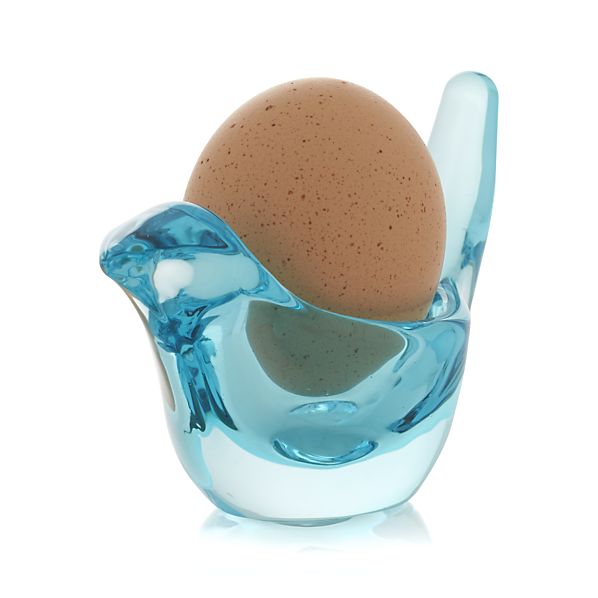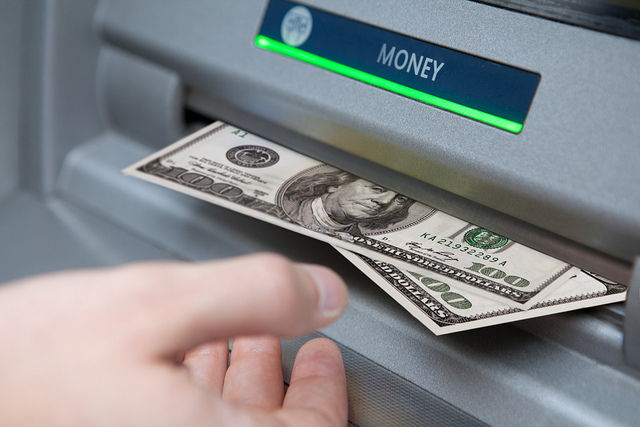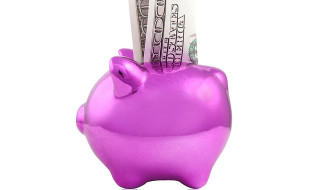No matter how abundant or scarce your money is, spending it wisely shall be your top priority. It not only enables you to get the most out of your dollar but it also allows you to make life-changing decisions.
Determining the reasons behind your spending is the first step to knowing whether your money is allocated properly or not. Are you spending your money on the latest gadget by Samsung because you need it or because you want it?
There is usually a conflict in differentiating between needs and wants. Perhaps, the confusion is due to our subjective definitions of the two terms. Let us take Cheng Ling as an example.
Cheng Ling values the perceptions of others toward her and her daughter. Since her daughter is starting a new school year, she bought her two new pairs of shoes.
She argues that she does not want her daughter to feel embarrassed by wearing the same shoe she wore last school year. Although the last year’s pair is still in mint condition, she bought another pair of shoes to prevent repetitions.
Do you think Cheng Ling’s purchases are necessary in this scenario? Or, was it a matter of personal desire?
Examine your purchases in this manner along with these helpful queries:
“Will this purchase make my life easier and more efficient?”
“Will this purchase provide a lasting pleasure?”
“Will this purchase be meaningful to my life?”
“Is this something I will use regularly?”
“Is this something I can afford?”
“Is the potential gains from this item realistic?”
Carefully assess all these questions and the interplaying factors that can influence your decisions. If your response to all these questions is “YES” then, by all means, make the purchase!
Aside from distinguishing between your needs and wants, you must sort out your “essentials” first. When I say essentials, I pertain to the fixed expenses that you encounter every month. This includes your groceries, utility bills, and school fees. Plan your spending before you receive your paycheck.
Some people spend their hard-earned money like most lottery winners. They get a huge pile of cash now and spend it all in a snap! Remember that wealth is accumulated over time and not something that you can earn overnight.
At the end the day, it all boils down to the decisions you make!













